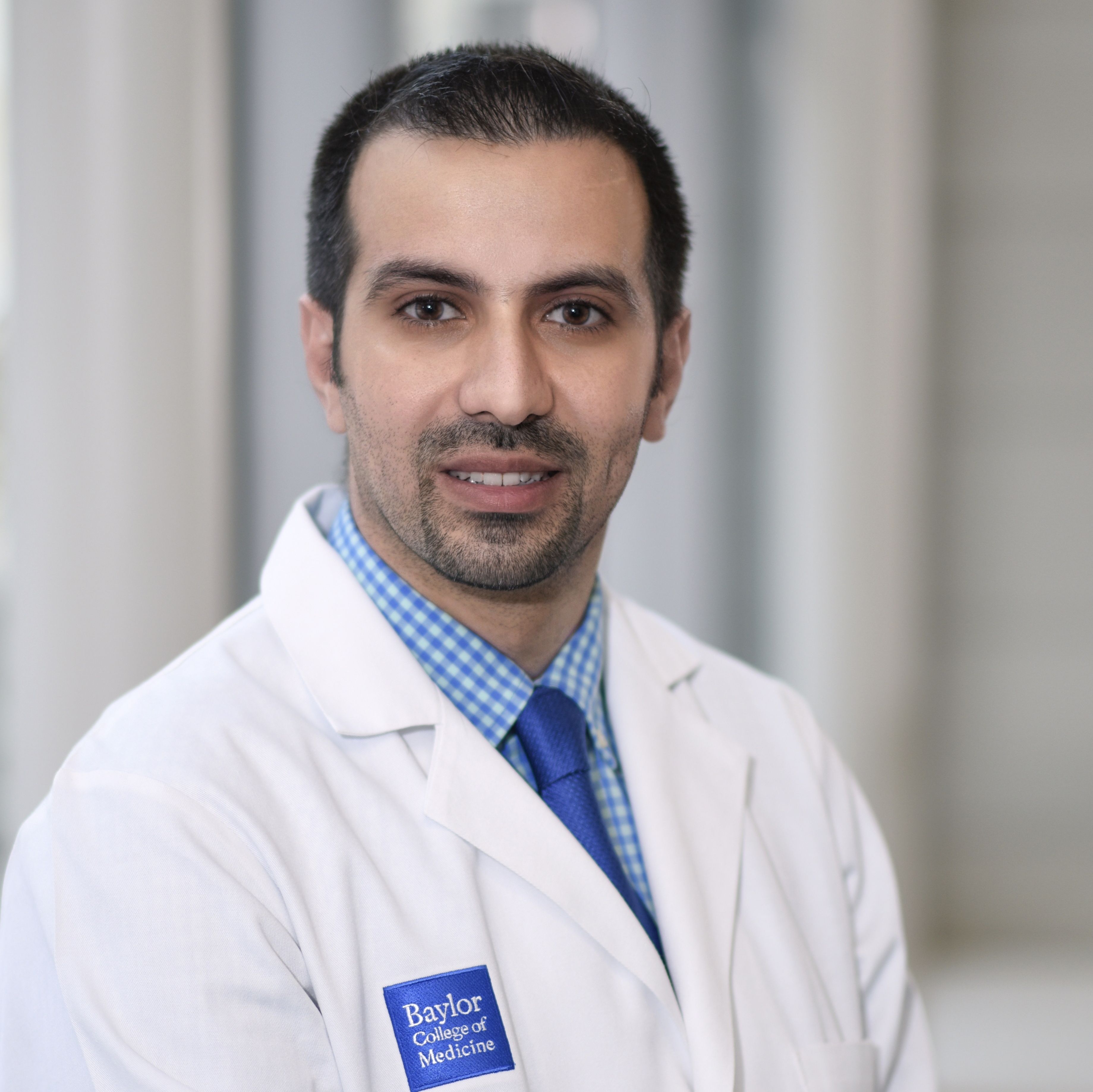The Baylor Medicine NTM Infection Program brings together specialists that can help you identify, understand, and manage NTM lung infections. As a leading center for comprehensive NTM care, we aim to deliver personalized treatments to patients battling these persistent infections.
Nontuberculous Mycobacterial (NTM) infections are complex and challenging to treat. At Baylor Medicine NTM Infection Program, our multi-disciplinary team of infectious disease specialists, pulmonologists, microbiologists, and respiratory therapists work together to design the most effective treatment plan for our patients.
What Are Nontuberculous Mycobacteria?
Nontuberculous mycobacteria (NTM) are naturally occurring environmental organisms in water and soil. Almost 200 species of NTM are known to us, some of which can lead to diseases such as bronchiectasis. Treating NTM infections can be intense, prolonged, and complicated.
These infections are becoming increasingly common, and patients with NTM infections often require multi-disciplinary care to manage their complex medical needs. Although they can infect healthy individuals, those with a weakened immune system or lung disease, like chronic obstructive pulmonary disease (COPD) or Cystic Fibrosis, are at higher risk.
Diagnosis, Monitoring, and Treatment
Initial Evaluation
Diagnosis of NTM infections can be challenging because the symptoms can be similar to other lung diseases, like tuberculosis and lung cancer. Typically, a diagnosis is made by identifying the bacteria in a culture grown from a sputum sample (the substance that’s coughed up from the lungs), but other diagnostic tests may be necessary.
Access to prior records and testing is vital to develop a timely, personalized treatment plan. Depending on how recent your previous testing is, we may also coordinate pulmonary function testing and imaging with your initial visit.
- Sputum testing
- CT imaging
- Blood testing
- EKG
- Immunology evaluation
- Consideration of thoracic surgery consultation in localized disease
Monitoring of Disease
Monitoring nontuberculous mycobacterial (NTM) infections primarily involves clinical evaluation, imaging studies, and microbiologic cultures. By consistently monitoring the disease in these ways, our multi-disciplinary team can make informed decisions about adjusting treatment, assessing the risk of complications, and ultimately improving your health outcomes.
- Spirometry
- Sputum cultures
- Imaging
- Oxygen needs assessment
- Venous blood gas
- Audiology referral
Treatment
Treatment for NTM infections usually involves a combination of antibiotics. The exact medications and length of treatment depend on the type of NTM causing the infection and the patient’s overall health. Additional treatments may include pulmonary rehabilitation to improve lung functions. In some cases, surgery may be considered to remove the infected tissue, particularly if the infection is localized to a specific lung area.
- Oral and/or intravenous medications.
- Pulmonary hygiene/airway clearance optimization.
- Meeting with respiratory therapist
- Consideration of thoracic surgery in localized disease.
Process for New Patient Referral
New referrals can be initiated by submitting the online New Patient Referral form.
Before scheduling your first appointment, we will request and review your medical records to ensure that:
- The Baylor Medicine NTM program is the most appropriate program for your medical needs.
- We have the necessary key information regarding your medical history to date.
This comprehensive records review is critical to ensure we understand your health care needs, have the relevant information needed to devise an individualized treatment plan for you, and have a productive initial clinical visit. As appropriate, this records review will include the following:
- Office notes of visits with your primary care physician and other subspecialties, including pulmonology, infectious disease, immunology, rheumatology, and/or other relevant specialists.
- Prior chest imaging (most importantly, prior chest CT scans and/or X-rays). Beyond the written report of your prior imaging, it is essential that we can review the actual images from these studies.
- Generally, we can view the imaging performed at Baylor Medicine, Baylor St. Luke’s Medical Center, and Harris Health. If your imaging was not performed at one of these locations, please bring a copy of these images on CD to your first appointment for us to upload and view.
- Laboratory data, including results of immunologic evaluation and data of any respiratory cultures from sputum and/or bronchoscopy that have been performed to date.
- Results of prior lung function testing (spirometry, lung volumes, DLCO, ct.).
Despite our best efforts to obtain all relevant medical records before your appointment, we may be missing some key information that must be obtained before a treatment plan can be formulated.
If you have any questions regarding our records review process, please email us at ntmclinic@bcm.edu. All new referrals must be submitted through the online submission process.











